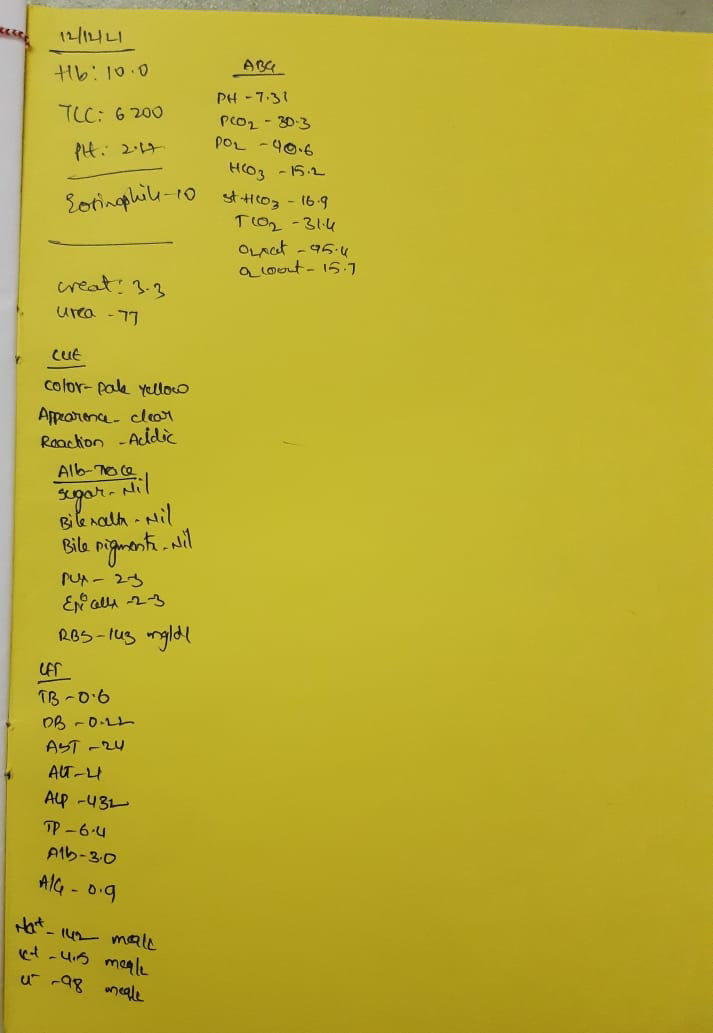OSCE
LEFT HEART FAILURE VS RIGHT HEART FAILURE-
In heart failure, the heart can no longer pump enough blood around the body. The heart muscle is either too weak or not elastic enough.
Left-sided heart failure: The left ventricle of the heart no longer pumps enough blood around the body. As a result, blood builds up in the pulmonary veins. This causes shortness of breath, trouble breathing or coughing – especially during physical activity. Left-sided heart failure is the most common type.
Left sided heart failure occurs in people with-
Coronary artery disease
Heart attack
High blood pressure
Valvular heart disease
Abnormal heart rhythms
Diseases such as amyloidosis sarcoidosis
Other risk factors include-
Diabetes
Obesity
Sleep apnea
Smoking
Toxins
Right-sided heart failure: Here the right ventricle of the heart is too weak to pump enough blood to the lungs. This causes blood to build up in the veins (the blood vessels that carry blood from the organs and tissue back to the heart). The increased pressure inside the veins can push fluid out of the veins into surrounding tissue. This leads to a build-up of fluid in the legs, or less commonly in the genital area, organs or the abdomen.
Right sided heart failure occurs in people with-
Pulmonary embolism
Lung diseases such as chronic obstructive pulmonary disease
High blood pressure in lungs
INVESTIGATIONS-
Chest X-ray.
Electrocardiogram (EKG).



Comments
Post a Comment